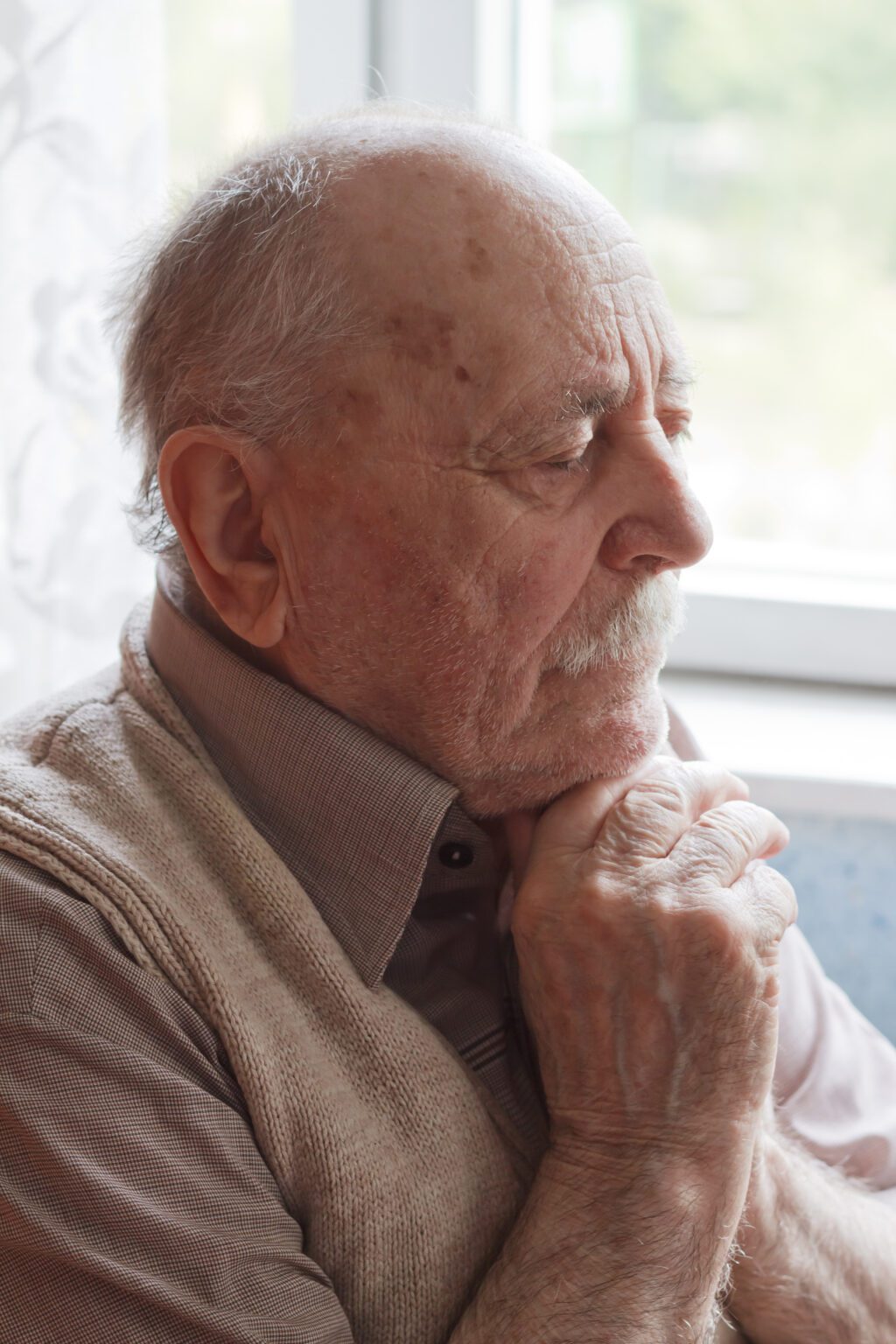The Stages of Alzheimer’s Disease
Published July 30, 2012 by Francesca Robinson, MA in Alzheimer's /Dementia, Senior Health & Wellness

Alzheimer’s Disease is a loss of brain functioning that affects memory and behavior. There are three stages of Alzheimer’s, the signs and symptoms become more severe with each stage and eventually death occurs. Understanding the stages can help family members and caregivers provide loving care for those who suffer from this debilitating disease.
Stage 1
Individuals in Stage 1 can generally manage their daily activities themselves, but they may require some assistance with organization. Traits common to Stage 1 are:
-loss of memory;
-problems finding the right words;
-problems exercising good judgment;
-problems making good decisions;
-becoming lost in familiar places;
-problems carrying out multi-task activities;
-feeling sad, depressed, & anxious;
-avoiding social interactions;
-problems remembering appointments, names or recent events; and
-misplacing items.
Stage 2
Individuals in Stage 2 may have more problems taking care of themselves, but they can still be involved in their daily care and follow a routine. Traits common to Stage 2 are
-some assistance needed with their activities of daily living ;
-becoming restless, especially during the evening hours;
-loss of memory increases – they may not know family or friends;
-failure to recognize dangers and differentiate between hot and cold;
-becoming angry or easily upset;
-need to be reminded to eat;
-having trouble expressing self and understanding others;
-some bowel and bladder incontinence; and,
-loss of impulse control (e.g. uses foul language, poor table manners, sexually aggressive)
Stage 3
Individuals in Stage 3 usually require complete assistance with daily care. Traits common to Stage 3 are:
-unable to communicate – may grunt or scream;
-does not recognize self or family members;
-touching or patting things continuously;
-sleeping more often;
-disoriented to person, place and time;
-cannot sit or walk – becomes confined to bed;
-total bowel and urinary incontinence;
-unable to swallow;
-may have seizures;
-coma; and,
-death.
Preferred Care at Home understands how difficult it is to watch a loved one advance through the stages of Alzheimer’s Disease. Preferred Care at Home is dedicated to providing quality resources for those who suffer with Alzheimer’s Disease. One way Preferred Care at Home can help is through their free online modules that offer training and resources for family caregivers. Click Here to access these free training modules.
If you have questions about senior home
care services or if you want to start care:
Related Posts

November 9, 2023
Celebrating Robert Louis Stevenson’s Birthday: Exploring the Legacy of ‘Jekyll & Hyde
Ashly Luckose, Esq.

November 3, 2023
Visiting Grandparents During the Holidays: Preparing Kids with Books on Aging
Gina Farmer

October 19, 2023
Preventing Osteoporosis: Essential Tips for Stronger Bones Post-Menopause
R. Bradley Robinson, M.D.
Helping seniors age in place, with dignity & grace.